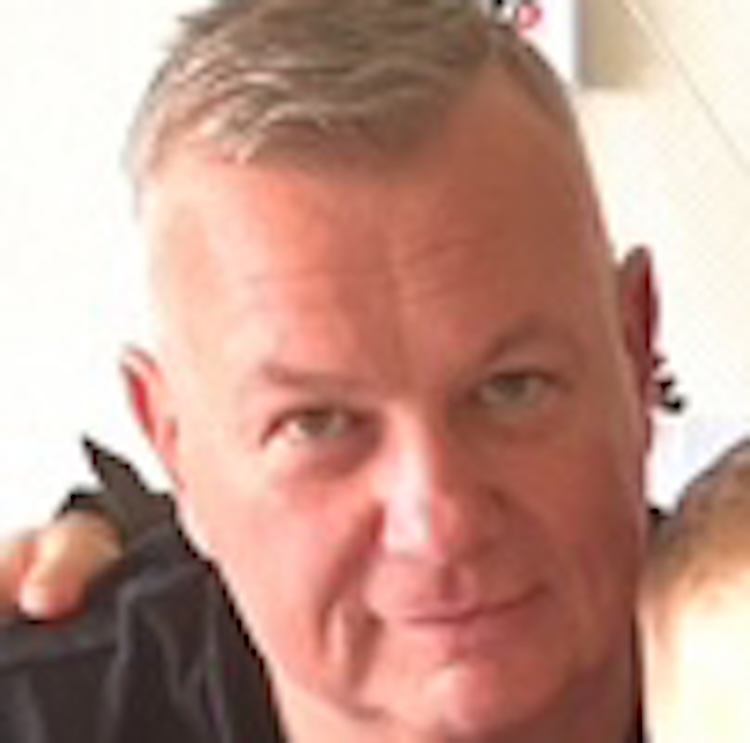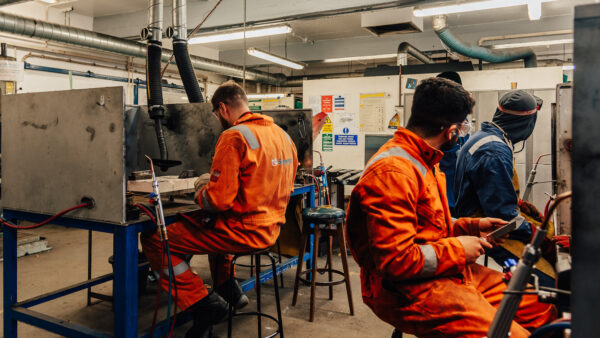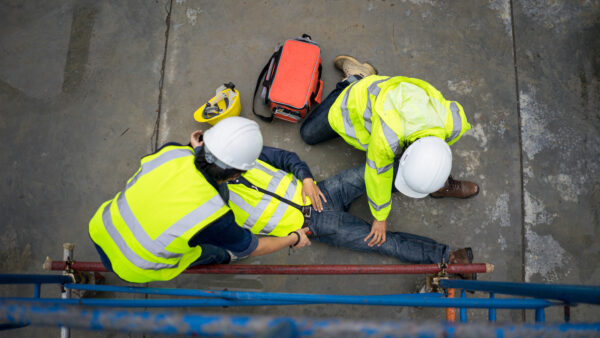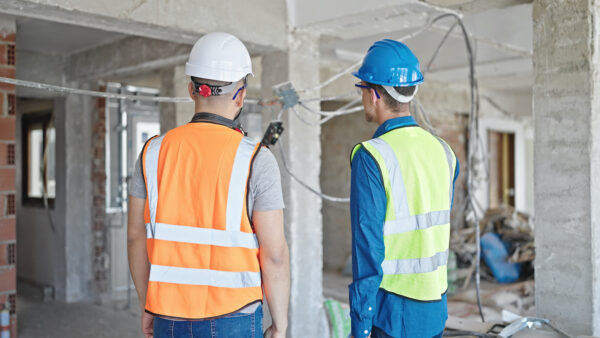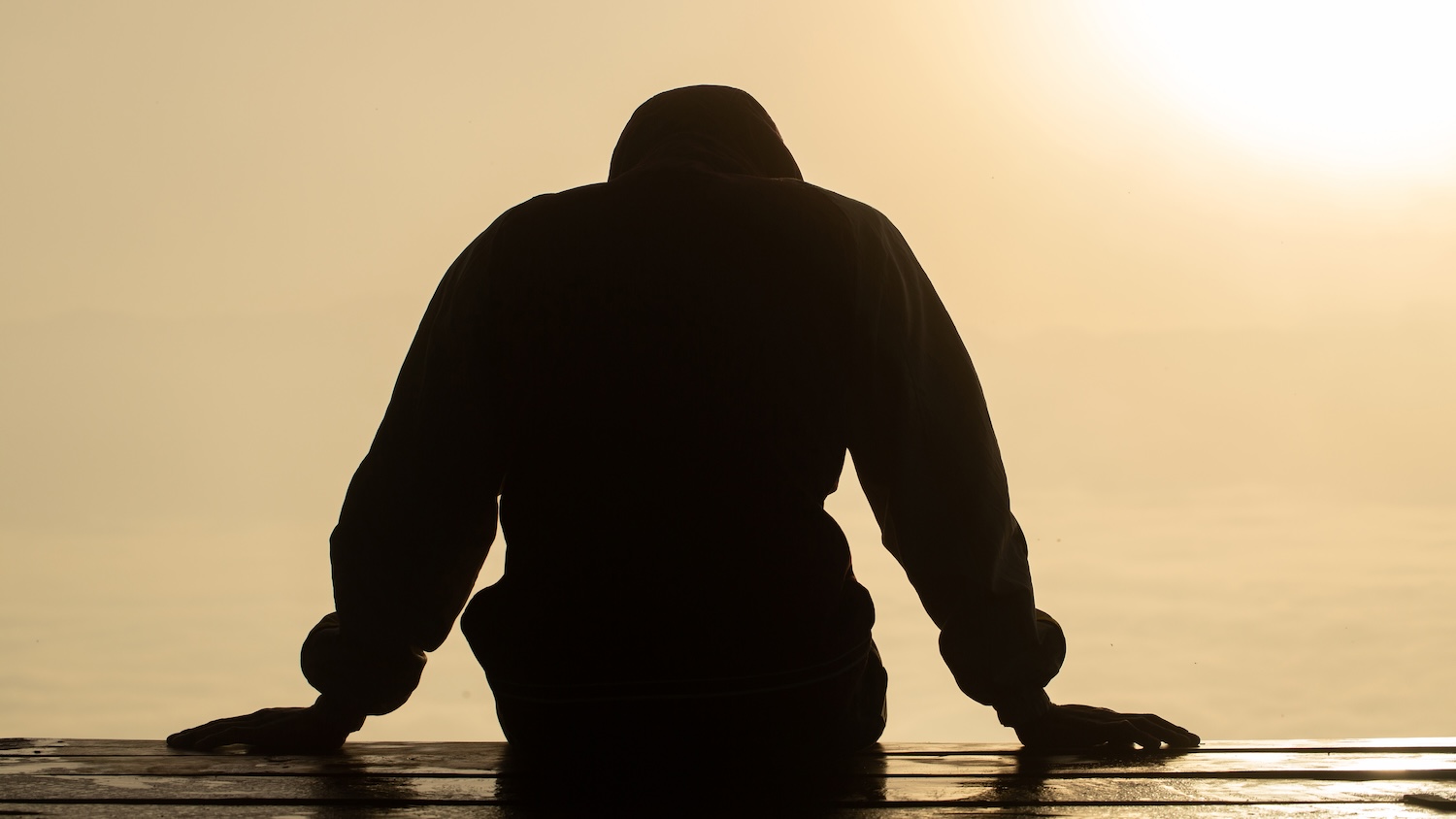
The construction workforce is at risk if we don’t have more open and honest conversations about mental health.
Content warning: this article contains references to suicide, ill health and surgery.
There is a darkness plaguing the construction industry that many people don’t want to talk about.
The challenges we face today are multi-faceted, encompassing personal, career and societal pressures.
My story is raw and unfiltered – from a challenging upbringing and the chaos of football terraces, to breaking down in rivers of tears while coming to terms with an acute disability.
I reached the depths of despair. But I found reasons to fight against my own mind and embrace new beginnings.
Sharing experiences
The battle against my mind and body continues, but sharing my journey has given me strength and hope. I hope that my story can inspire others to find their own reasons to keep fighting.
In 2021, I had knee replacement surgery and, although the knee healed, I never really got over it. Walking was a challenge and I thought that my hips were giving way.
After a few hospital visits, I got the news: “Mr Bates, you have a spinal dural arteriovenous fistula (SDAVF).”
SDAVF is one of the most misdiagnosed diseases, affecting between five and 10 people in every 1.1 million. However, 40% of these cases are diagnosed post-mortem. Pretty much as rare as it gets.
Within a week of the diagnosis, I could not feel anything from my chest down and I was rushed into a neurological ward. I know now that my spinal cord was about to rupture, which would have left me paralysed from the chest down.
The surgeons managed to embolise the fistula and I woke up from surgery feeling like I was connected to an electric chair.
The pain was unbearable. However, the neurosurgeon assured me that it was just my spinal cord readjusting.
Move to Germany
A week later, I walked out of hospital, safe in the knowledge that I would recover and be able to emigrate to Germany as I had previously planned.
I had given up my job as a senior project manager, where I had a great company insurance policy that would have given me 70% of my earnings if I was permanently disabled. But, I thought, I would not need this because I was going to get better.
My family and I moved to the Teutoburg Forest in Germany. The roads would be perfect for riding a motorbike at weekends and living life, while making my way towards retirement. Life will be good, I thought.
However, I started falling over, cracking ribs. Life was becoming very difficult. It was clear that there was a serious problem.
The rarity of my disease meant that I went from one specialist to another. They finally found that I would need more surgery. Further complications ultimately caused me to have a stroke.
I then became acutely disabled. I needed a pacemaker, a catheter, and a leg brace. I also had to start taking a range of medications. Life was hell.
I was given exercises to do, but depression took over.
Facing up to depression
I am not depressed; that’s for weak people, I thought at the time. I am just tired.
My doctor asked me to complete a questionnaire because I had stopped cracking jokes. He could see in my eyes that I was struggling.
I was diagnosed with severe reactive depression and was considered a threat to myself.
No, it couldn’t be. I had been in construction all my life. I ran my own business. Stress never got to me. I considered myself to be a man’s man.
I am not depressed, I thought.
I slept so much. My wife was scared to speak to me. I was rude and stopped caring.
Having a shower was an ordeal. Everything was difficult and I cried and cried.
I could not do this any more. I started having suicidal thoughts.
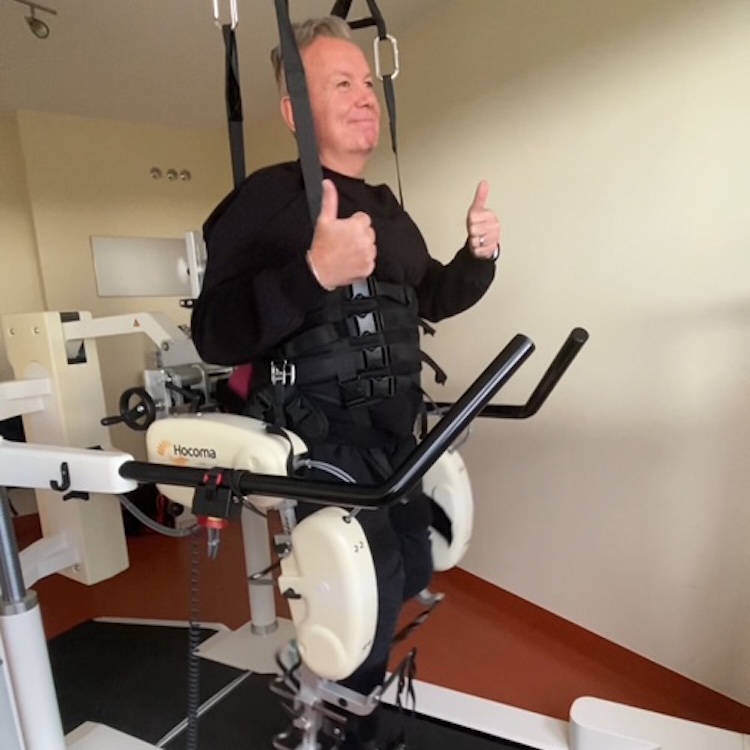
In spite of it all, I began physical therapy. I was using a Lokomat walking machine to help me learn how to walk again. Things were getting easier, but I was still horrible to be around.
I started to think about my oldest son’s friend. His dad died by suicide when he was just three years old.
The memory of the story and the damage it did to my son’s friend came flooding back. It overwhelmed me.
The right mind set
I decided that I was going to walk again. I needed to live. I needed to show my wife and sons that they were loved and the most important people in the world to me.
I had to learn how to cope with depression and anxiety. I had to stop thinking ‘why me?’ and focusing on the things I couldn’t do with my sons, like kicking a ball and running around.
With the right mind set, I knew there was so much that I could do. We could spend hours crafting, making works of art like boats, telescopes, or just about anything out of cardboard boxes.
Most importantly, I learned that as much as an organ like your liver, kidneys or heart can malfunction, so can your brain. There is no shame in suffering with your mental health.
You can eat healthier for your liver, you can exercise for your heart, and you can learn new things to help your brain. It is part of your anatomy that requires work.
Mindfulness is paramount. You must care for and love yourself. Also remember to prioritise what is in your control and give less time to what you can’t control.
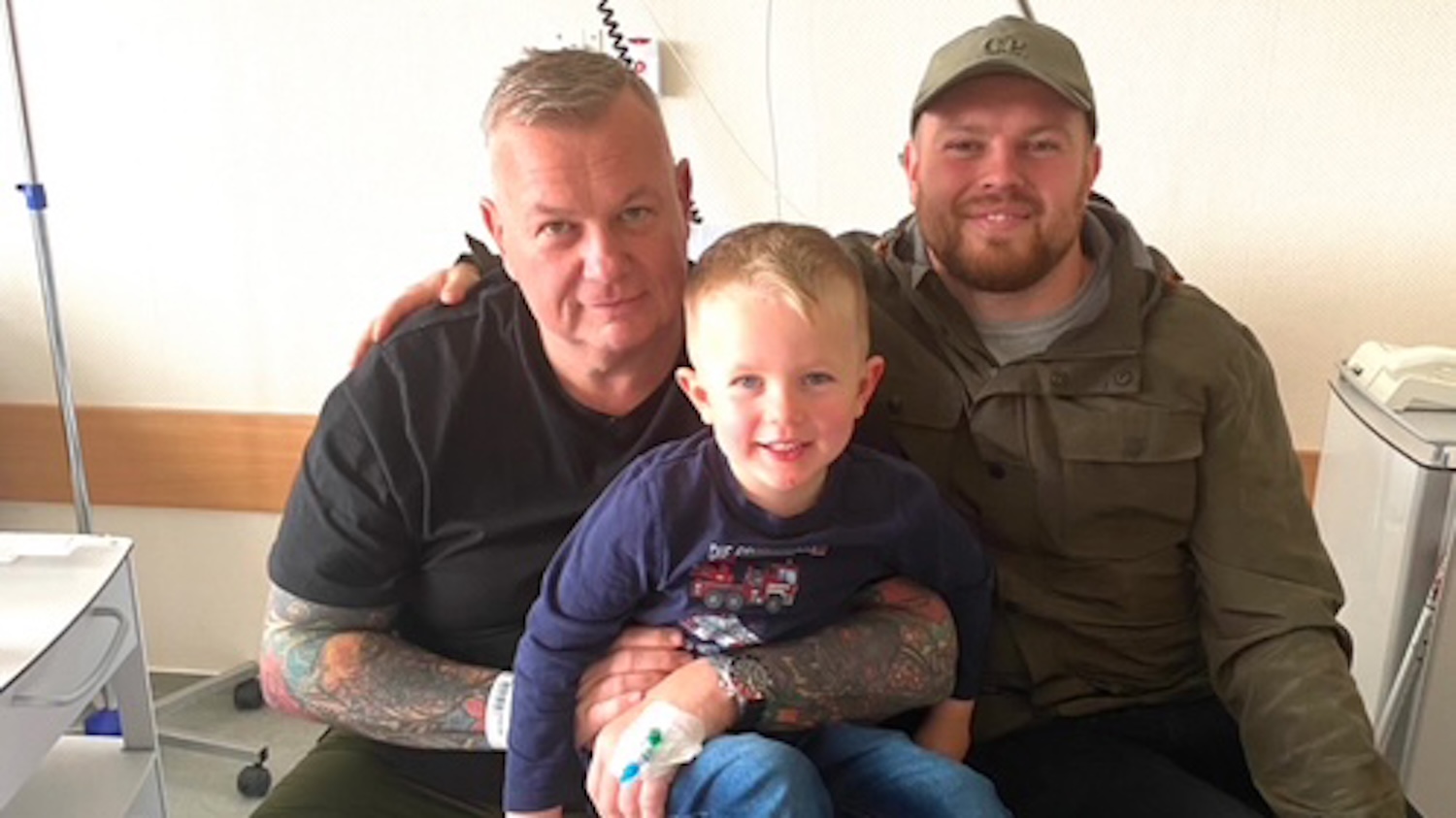
I believe that overthinking can create monsters and, sometimes, we we think ourselves into problems.
As philosopher Seneca said: “We suffer more in imagination than in reality.”
I can now walk and am gainfully employed as a construction director, overseeing a team of more than 100 people.
I still get low and have bad days, but I plan things. I need things to look forward to. I stay busy, I help people and, most importantly, telling my story is my form of therapy. Helping others helps me.
I have broken the silence and I am willing to support you.
For more information, please visit www.ifitcanhappentome.co.uk.
Alan Bates MCIOB is a construction director.
Mental health support and advice for CIOB members, past members and related family is available through CIOB Assist. CIOB, in partnership with Anxiety UK, also provides wellbeing support.
The Lighthouse Charity offers 24/7 free and confidential support on all aspects of emotional, physical, and financial wellbeing.
24/7 helplines: 0345 605 1956 (UK) 1800 939 122 (ROI)
Text HARDHAT to 85258 (UK) or 50808 (ROI)
Live chat and more information: www.lighthousecharity.org


